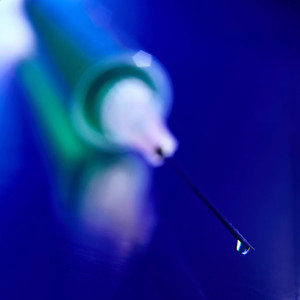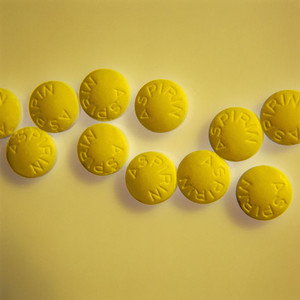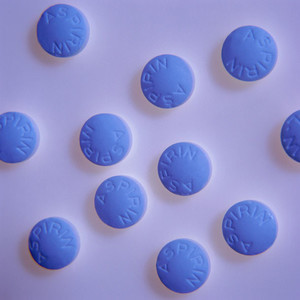The German government is contemplating pharmaceutical price control legislation as it battles soaring drug spending. On the one hand Germany is keen to promote the use of generic drugs and generic medicines have already achieved high penetration—75% by volume in 2009. This highlights opportunities for generic manufacturers in Europe's largest, albeit competitive, drug market.
Germany tightens controls on pharmaceutical prices
Generics/News
|
Posted 15/04/2011
 0
Post your comment
0
Post your comment

On the other hand, the government is hoping to cut Euros 2 billion (US$2.76 billion) from the sum it currently spends on new drugs. If a new law extends the current system of value-based pricing, companies bringing new drugs to the market will have one year to negotiate prices with health insurers. If no final price agreement is made, the health ministry will set a maximum price and the drug will face a cost-benefit analysis conducted by Germany’s Institute for Quality and Efficiency in Healthcare (Institut für Qualität und Wirtschaftlichkeit im Gesundheitswesen [IQWiG], Germany’s NICE). This type of system will not automatically lead to lower prices, the government and originator companies may agree a higher price if it can be justified. But other governments are watching with interest. If the new law is successful in lowering prices, it may lead to similar legislation in other European countries.
The drug price reforms that have already been enacted will also make a ‘severe’ dent in the sector’s revenues. The mandatory discount drug firms must offer to state health insurers has risen from 6% to 16%, and a three-year price freeze will last until the end of 2013.
Related articles
The latest on healthcare austerity in Greece
New medicines face big price cuts in Germany
Source: PharmaLetter
Research
Japan’s drug shortage crisis: challenges and policy solutions
Saudi FDA drug approvals and GMP inspections: trend analysis
The best selling biotechnology drugs of 2008: the next biosimilars targets










Post your comment